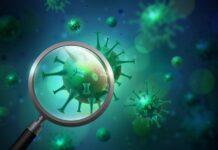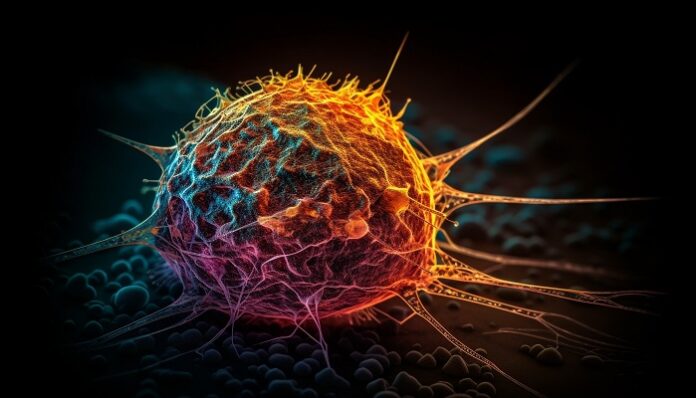A team of scientists from the German Cancer Research Center (DKFZ), the Heidelberg Stem Cell Institute HI-STEM, and NCT Heidelberg has achieved a groundbreaking advancement in breast cancer research. For the first time, they have successfully cultivated stable tumor organoids—miniature tumors—from circulating tumor cells (CTCs) in the blood of breast cancer patients. This breakthrough, published in Nature Cancer, offers new possibilities for understanding and combating therapy-resistant cancer cells.
Tackling Metastases at the Source
Breast cancer metastases, which spread to critical organs such as the liver, lungs, and brain, remain a significant treatment challenge despite advancements in cancer therapies. These metastases are initiated by rare CTCs that detach from primary tumors and travel through the bloodstream. These cells are often resistant to therapy, making them difficult to isolate, study, and target effectively.
Until now, researchers relied on complex methods involving immunodeficient mice to propagate CTCs for study. The new method of growing three-dimensional, patient-specific tumor organoids directly from blood samples represents a major leap forward. Blood samples, unlike tissue biopsies, can be collected repeatedly during the course of treatment, enabling real-time monitoring of disease progression and therapy resistance.
Decoding Therapy Resistance
Using the organoids, researchers identified a key signaling pathway that allows CTCs to survive and resist therapy. The protein neuregulin 1 (NRG1) acts as a growth “fuel” by binding to HER3 receptors on cancer cells, activating survival mechanisms through the HER2 receptor. When this pathway is blocked by drugs or other factors, the cancer cells adapt by activating an alternative pathway involving the FGFR1 receptor.
“This adaptability is a core mechanism of therapy resistance,” explained Roberto Würth, the study’s first author. However, the researchers demonstrated that a combined blockade of both the NRG1-HER2/3 and FGFR1 pathways effectively halted the proliferation of tumor cells and induced their death in laboratory experiments.
Personalized Treatment Potential
The organoids also hold promise for personalized cancer therapy. As patient-specific models, they enable rapid testing of existing and experimental drugs to identify the most effective treatment options. According to Andreas Trumpp, head of the DKFZ research division and HI-STEM director, this breakthrough could lead to tailored therapies that not only kill resistant tumor cells but also prevent the development of resistance and metastases.
Next Steps
While this innovation marks a significant milestone, it must undergo clinical trials before being implemented in patient care. Researchers are optimistic that these findings will pave the way for targeted therapies capable of reducing the burden of metastatic breast cancer and improving patient outcomes.
As reported by medicalxpress, this advance represents a promising step toward understanding and addressing one of breast cancer’s most challenging aspects: metastasis and therapy resistance.























